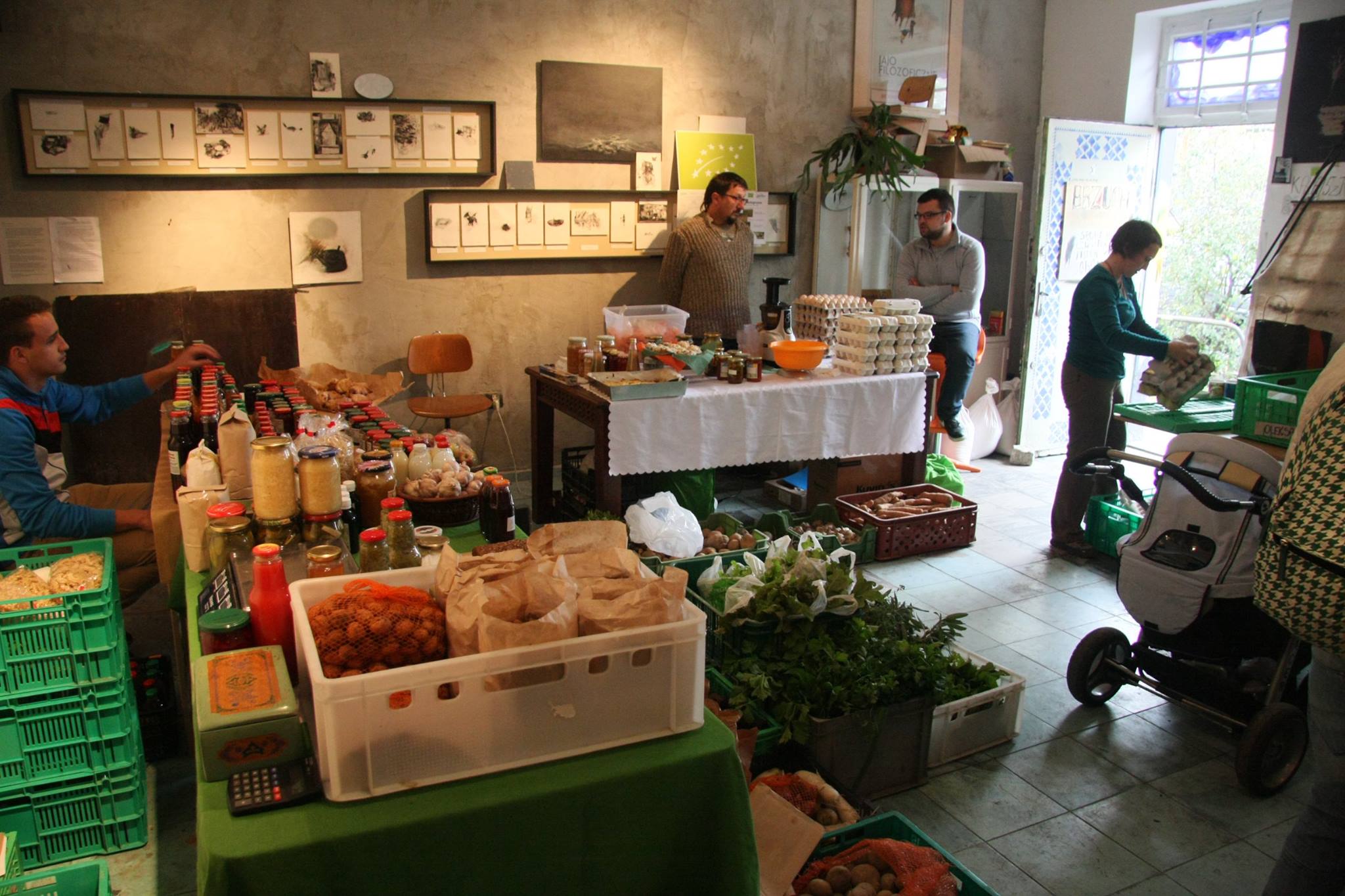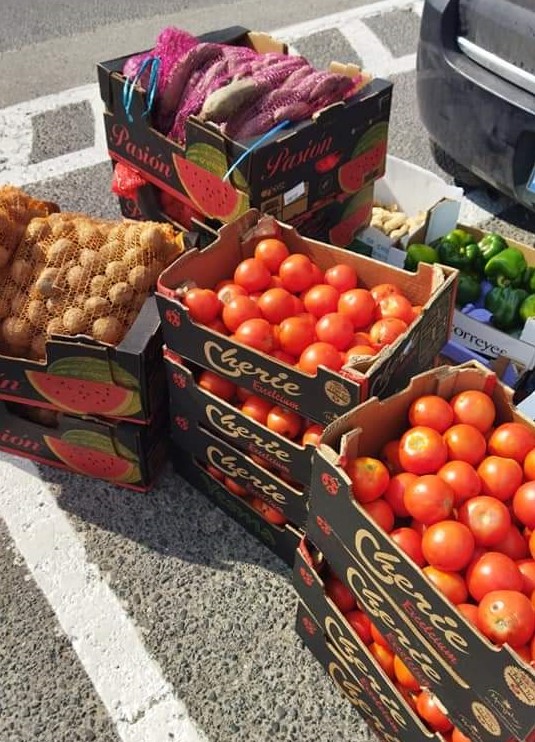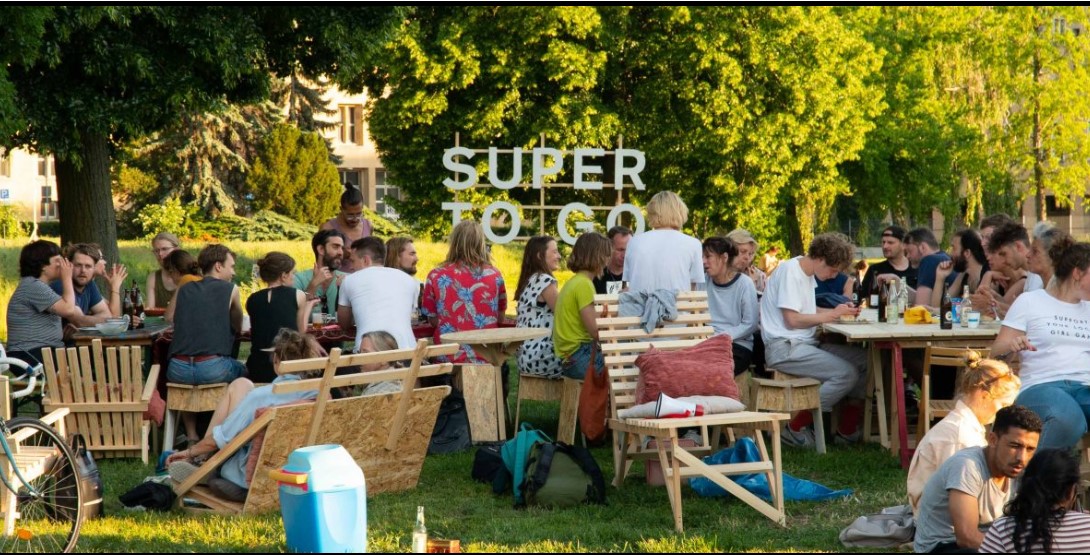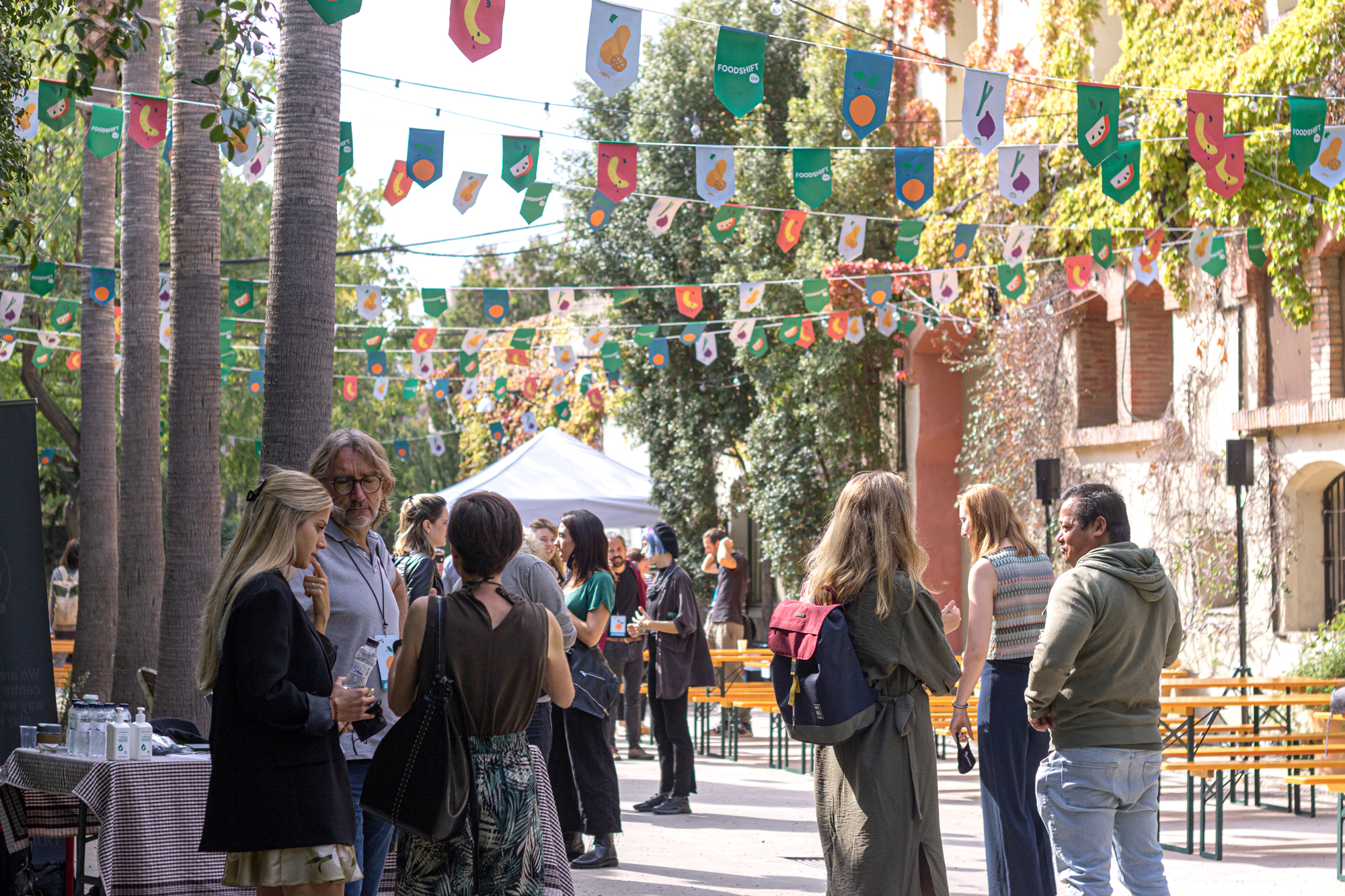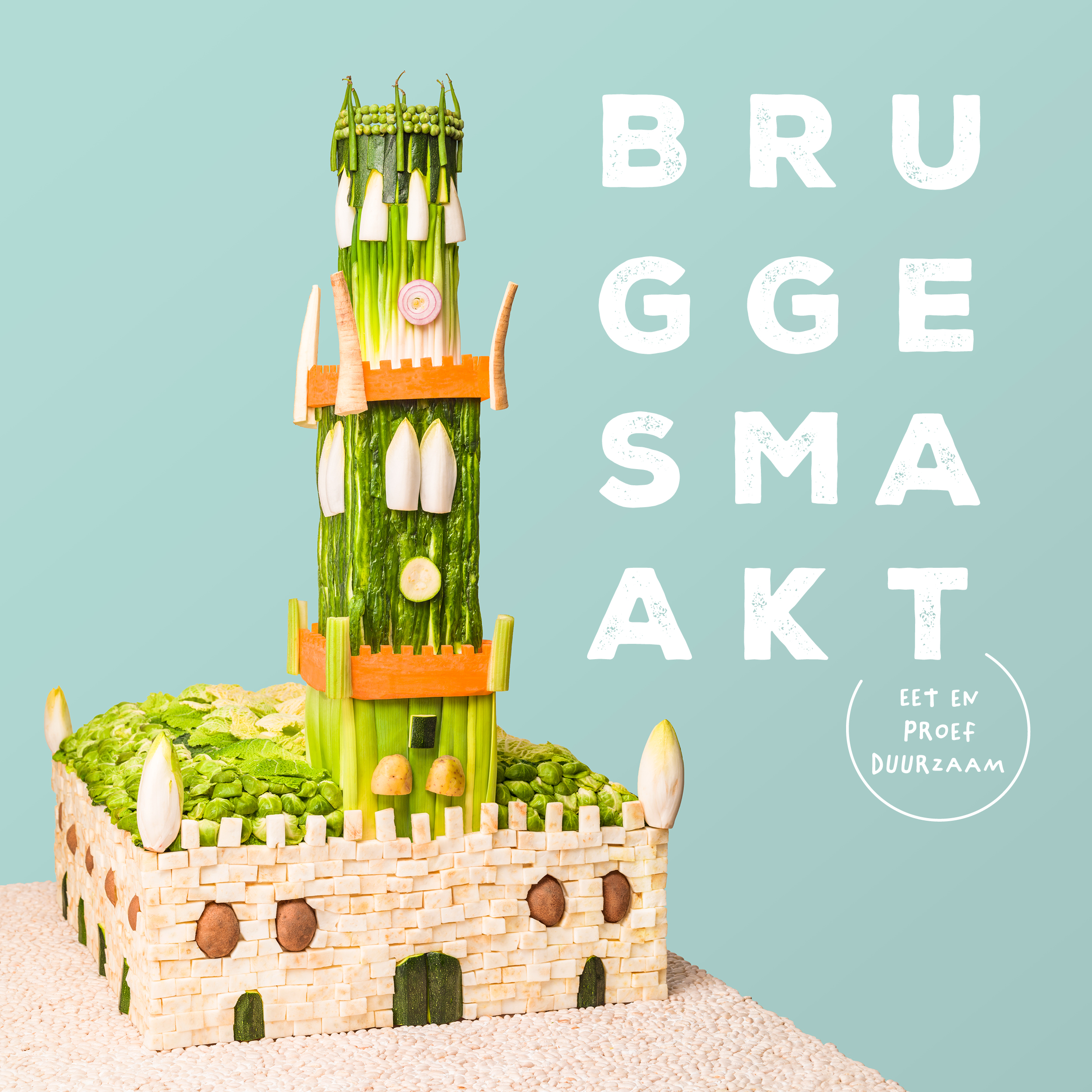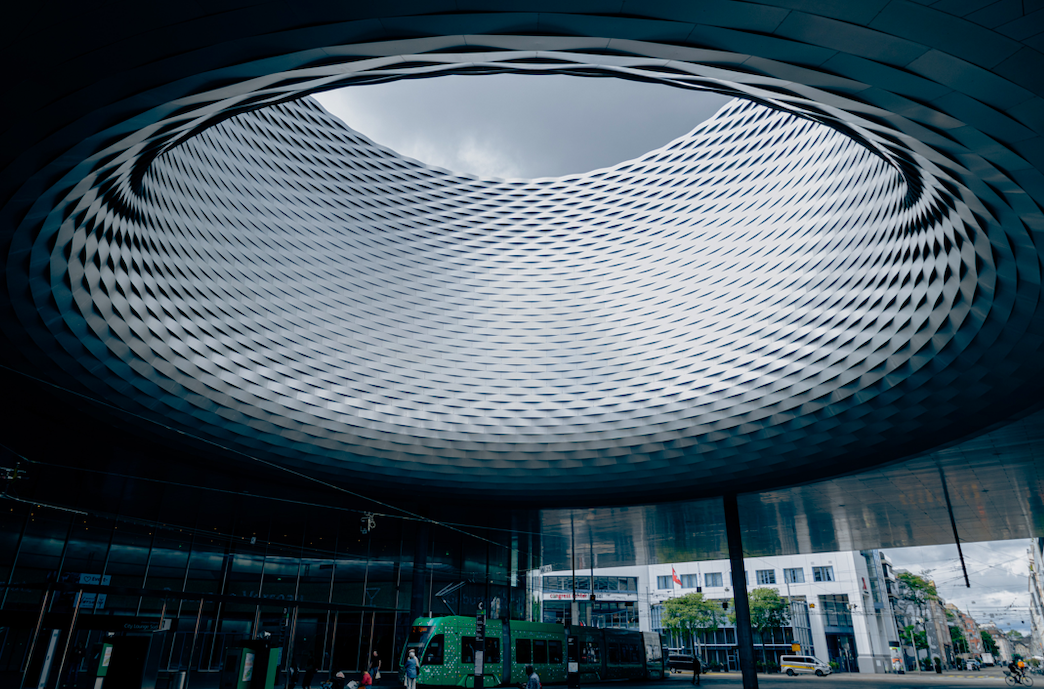RESTLOS GLÜCKLICH
29 July 2022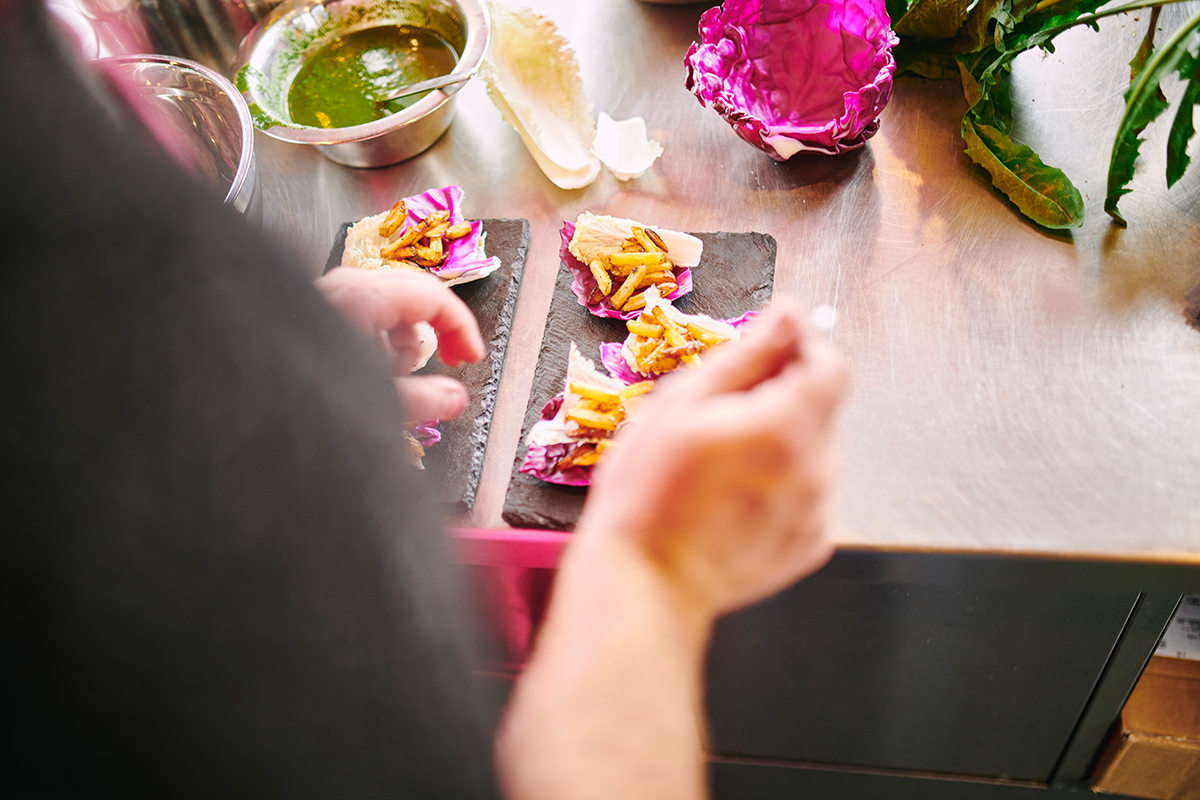
RESTLOS GLÜCKLICH
Berlin, Germany
THE INNOVATION:
RESTLOS GLÜCKLICH (RG) started in 2015 with its 2 founders triggered by the amount of food waste, and called by the fact that the topic isn’t publicly recognized enough. The initial idea was to set up a whole restaurant based on saved food (food ingredients that would have been thrown away otherwise). The restaurant was a success but also very challenging. As RG wanted to raise even more awareness around the topic of food waste and how to minimise it, the team decided to close the restaurant and focus on educational projects. Thus, since the beginning of 2018 RG offers interactive workshops and (team-) events for kindergardens, schools, companies and citizens inspiring kids and adults to treasure our food, minimise waste and eat climate friendly.
LOOKING AHEAD:
The RG team aims to work in a more integrated way with society (maturing) and to reach out to more people in order to raise awareness in the general population (upscaling). This will also mean that wider themes must be addressed, such as trade, agriculture, supply regulations and food retailers.
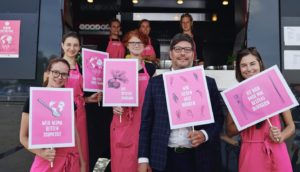
More Information:
Website: www.restlos-gluecklich.berlin
Contact Person: Hanna Legleitner
Email: [email protected]
Info about the Innovators and the Innovation portraits Catalogue
FoodSHIFT 2030 aims to launch an ambitious citizen-driven transition of the European food system towards a low carbon circular future, including a shift to less meat and more plant based diets. This transition is necessary in order to address the pressing challenges for food and nutrition security, contribute to the EU commitment of reducing GHG emissions by at least 40% by 2030, and revitalize urban-rural linkages and partnerships.
To do so, it establishes FoodSHIFT Accelerator Labs for maturing, combining, upscaling and multiplying existing food system innovations across nine front-runner city-regions. In turn these innovations contribute to the FoodSHIFT vision.
An Innovation Catalogue called “Innovation Portraits” was created to snapshot each of the Food Innovations connected with each of the FoodSHIFT Accelerator Labs (FALs) across the 9 city regions.
Info about the Innovation Portraits Catalogue
The Innovation Catalogue will snapshot each of the Food Innovations connected with each of the FoodSHIFT Accelerator Labs (FALs) across the 9 city regions. Each FAL has a dedicated innovation focus and each chapter will present innovation cases from a particular FAL. For each of the innovations presented, a snapshot of the innovation concept and purpose will be given, alongside the key impacts the innovation has in relation to the FoodSHIFT Impact Pathways and the acceleration ambitions of the innovation.
In addition, each innovation portrait is also categorized according to its Innovation Dimension. These dimensions indicate what kind of innovation is being presented, and where in the value chain it plays a role. This is indicated by these tabs. The dimensions are defined as follows:
Product – Innovations in this category address new or updated products, including quality, safety and market impact.
Process – These innovations are relevant to new technologies for processing, logistical improvements, infrastructure and new/improved services.
Social – Innovations in this category are relevant to changes in behaviour (e.g. consumers/citizens), development of new relationships and inclusiveness.
Governance – The innovations address policy developments, including food planning, subsidies, taxing, certificates & labelling.
Learn more about all the Innovation portraits: https://foodshift2030.eu/meet-the-people-changing-your-food-system/
